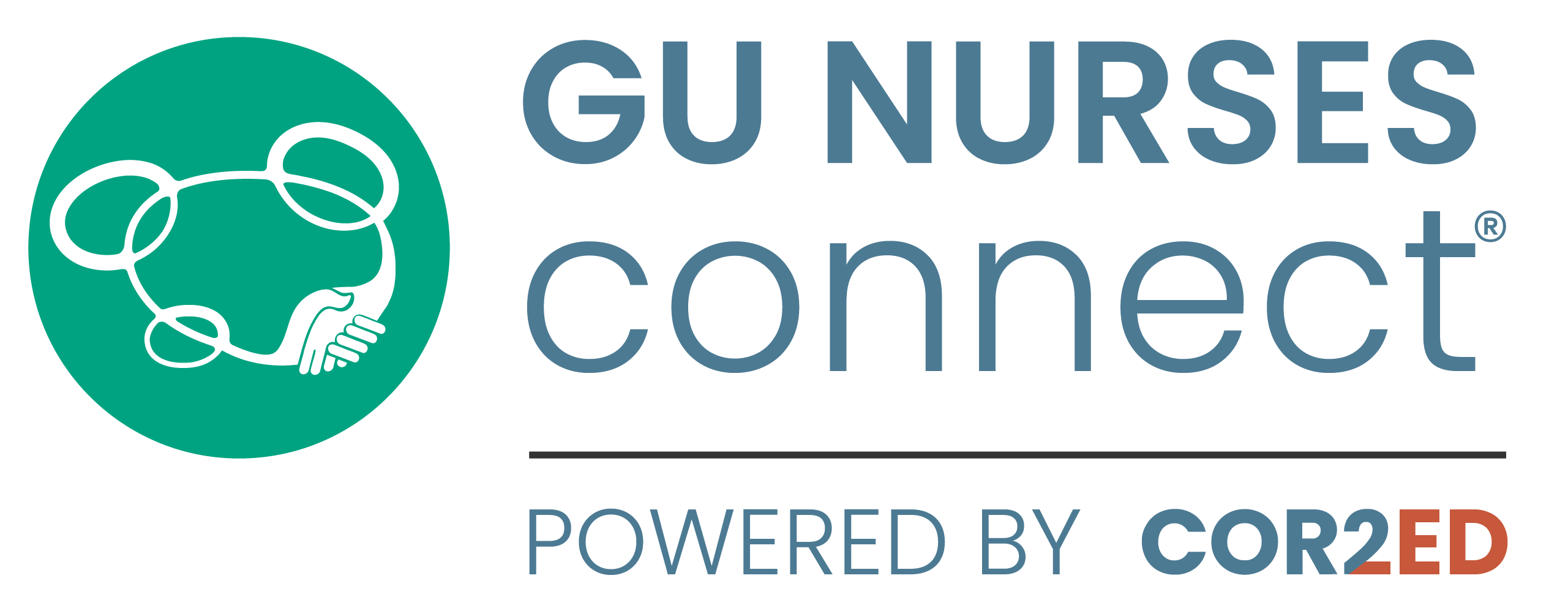In this podcast, oncology nurses Brenda Martone and Jennifer Sutton discuss how to use data to select the most appropriate treatments for patients with metastatic castration-sensitive prostate cancer. They also share the importance of being able to explain these clinical decisions to patients and reassure them that earlier intensive treatment can prolong overall survival without seriously impacting quality of life.
Clinical Takeaways
-
Treatment intensification with triplet therapy (ADT plus NHA plus docetaxel) should be the new standard of care for high-risk, high-volume, mCSPC patients who are fit for chemotherapy
-
Early treatment intensification should be considered for these patients whilst they are still well enough to tolerate intensive treatment
-
When determining which triplet regimen would be the most appropriate for your patient, it is important to consider the patient's co-morbidities, risk profile and potential drug-drug interactions
-
The nurse has a key role in communicating the benefits and risks of different triplet regimens to the patients
-
Patient education on potential side effects and early reporting of them is essential to optimise patient outcomes








 Downloadable
Downloadable  20 MIN
20 MIN
 Feb 2026
Feb 2026 








